As we continue to navigate the complexities of operating a school nutrition program it never ceases to amaze me when outside stakeholders give a list of what school nutrition programs “should” do. Now, I appreciate other opinions and ideas, but until you walk a mile in my shoes – be careful what you think we “should” do in school nutrition. Set up with a per meal reimbursement model, school nutrition programs are forced to make sure their participation levels stay high or risk financial disaster. That is the first challenge with the “should.” The second challenge is the ridiculously low reimbursement rate we work with. With a reimbursement rate of $3.60 for a meal served free to a student that qualifies based on their family income – what “should” I be expected to do?
First Should: School nutrition programs should serve more plant based, vegan meals in school. Ok – but who is educating students on how to pick a healthy diet using only plant-based foods? Specific combinations of plants must be chosen to obtain all the amino acids for a complete protein essential for growth and development. Who is helping these students learn about these new foods and encouraging them to try something new? Students have to want to come through the school lunch line in order for us to stay financially intact. They have other choices, including not eating at all.
Second Should: School nutrition programs should reduce food waste. Ok – but where are we supposed to do composting in an urban setting? Can you imagine large piles of food around schools in one of our largest cities? Who is educating students about the need to waste less and the impact of food waste? When USDA requires a ½ cup of fruit or vegetable on the tray, whether the student is interested in eating it or not – who “should” be responsible for the untouched fresh fruit or cupped applesauce in the trash can?
Third Should: School nutrition programs should include a list of value statements in their procurement documents. Ok – but school nutrition programs only have $3.60 for five food components, labor, benefits, utilities, and supplies. We believe in all of the value statements but who is going to pay the cost for that food? Schools operate on a low bid system. What we are experiencing now is the impact of zero responses to the food procurement bids. The value statement issue is the cart before the horse. Where are the federal and state regulations that incorporate the value statements into what it takes food growers and processors to do business in the state or throughout the country?
Fourth Should: School nutrition programs should do more scratch cooking. Ok – this is the best one of all. Really – let’s make spaghetti sauce from scratch with no cooler, freezer, or kitchen equipment. It would be great in a fair and equitable world, but who is advocating for schools (particularly in underserved communities) to have production kitchens and/or updating the ancient ones that were built in 1920. When staff need to come in at 5 a.m. to get an old oven turned on so you can use it to bake by 9:00 a.m. and the walk-in cooler is a block away, sitting outside, we are kidding ourselves about scratch cooking. Let’s invest in school kitchens before we start saying schools “should” do more scratch cooking. This is an elitist idea that is not obtainable in an equitable manner across all schools.
So, as you can see, I am tired, frustrated, and full of “shoulds”. This usually happens when organizations convene and have discussions without a school nutrition practitioner at the table. Maybe that is the biggest “should” of all, bring us to the table when you want to discuss what can be done to move school nutrition programs progressively along. We are a big part of the solution for anti-hunger, reducing food waste, environmental issues, increasing healthy food consumption, and many other issues but we must be at the table for these discussions. You “should” include the school nutrition practitioners in your initiatives.

Join the Conversation
The latest news and headlines from Urban School Food Alliance
Urban School Food Alliance Launches District Pilot Project to Revolutionize School Food Procurement for Healthier Meals
Oct 11, 2025
Efficient procurement serves as a powerful lever for driving meaningful outcomes in school nutrition programs....
Baltimore City Public Schools: Behind the scenes: How City Schools’ Food and Nutrition team prepares for the new school year
Oct 2, 2025
Back-to-school means different things to different people, but for the Food and Nutrition team, it marks the...
Urban School Food Alliance Membership Welcomes Baltimore County Public Schools as Newest Member, Increasing Reach to 4.5 Million Students
Sep 29, 2025
USFA Expands Membership furthering vision of being the leading change agent for school nutrition WASHINGTON,...
TIME: Why It’s So Hard to Make School Lunches Healthier
Aug 25, 2025
Students at the Tahoe Truckee Unified School District in California dine on locally sourced fruits and...